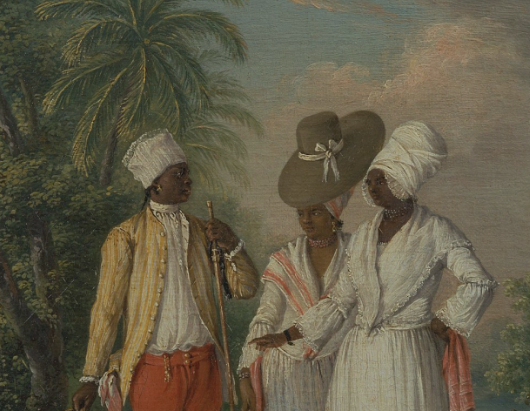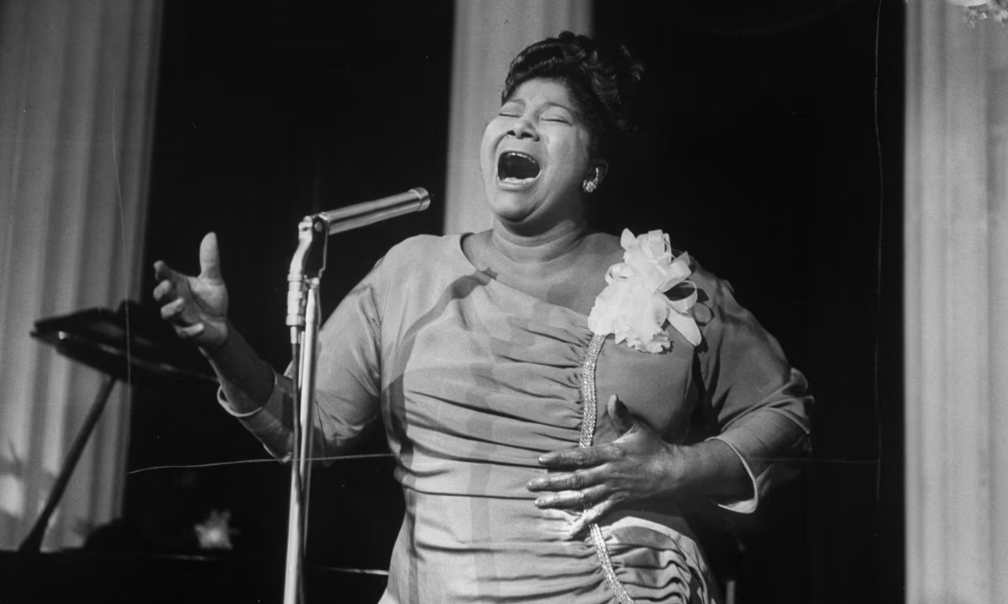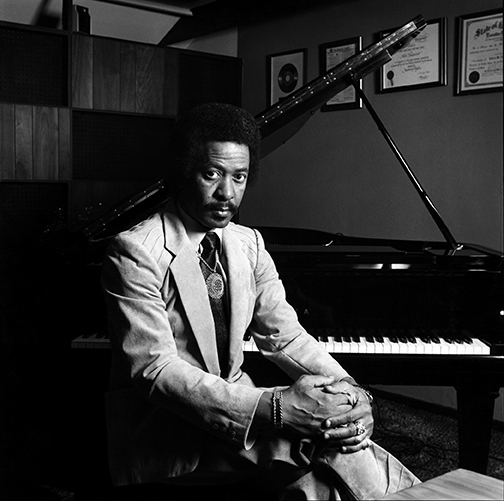New Orleans, Louisiana, is a city renowned for its vibrant culture, lively music, and rich history. Among the many fascinating facets of this city’s past is the story of the free people of color, a community that emerged during the colonial era and played a significant role in shaping the cultural, social, and economic landscape of New Orleans. In this article, we will explore the history, contributions, and challenges faced by the free people of color in New Orleans. The free people of color in New Orleans were individuals of African and European descent who were not enslaved. Their presence in the city dates back to the French and Spanish colonial periods when mixed-race children born to enslaved African mothers and European fathers were often granted freedom. As a result, a unique Creole culture developed among these free people of color, blending African, European, and Caribbean influences. Status and opportunities for free people of color varied over time and under different colonial rulers. However, compared to their enslaved counterparts, they generally enjoyed greater personal freedom, economic opportunities, and access to education.
One of the remarkable aspects of the free people of color in New Orleans was their economic success. Many of them were skilled artisans, tradespeople, and entrepreneurs. They established businesses, owned property, and became an integral part of the city’s economic fabric. The free people of color often worked as carpenters, blacksmiths, tailors, and craftsmen, contributing significantly to the city’s growth and prosperity. The free people of color also played a vital role in shaping New Orleans’ vibrant cultural scene. They were accomplished musicians, dancers, and artists, contributing to the development of jazz, blues, and other music genres that would become synonymous with the city. Notable musicians like Sidney Bechet and Jelly Roll Morton, both of Creole heritage, made substantial contributions to the world of jazz.
Despite their accomplishments, the free people of color in New Orleans faced significant challenges and discrimination. They were subject to discriminatory laws and racial prejudices, which limited their civil rights and opportunities. As New Orleans transitioned from a French and Spanish colony to an American city, the legal status and social standing of free people of color changed, often for the worse. The antebellum period saw a rise in racial tensions, leading to the codification of segregation and inequality through Jim Crow laws. Free people of color were caught in the crosshairs of these discriminatory policies, as their hard-won freedoms were increasingly curtailed.
The legacy of the free people of color in New Orleans endures in the city’s culture, music, and traditions. Their contributions to jazz, cuisine, and Mardi Gras celebrations are still celebrated today. New Orleans remains a diverse and culturally rich city, and the free people of color played a pivotal role in shaping its unique identity.



